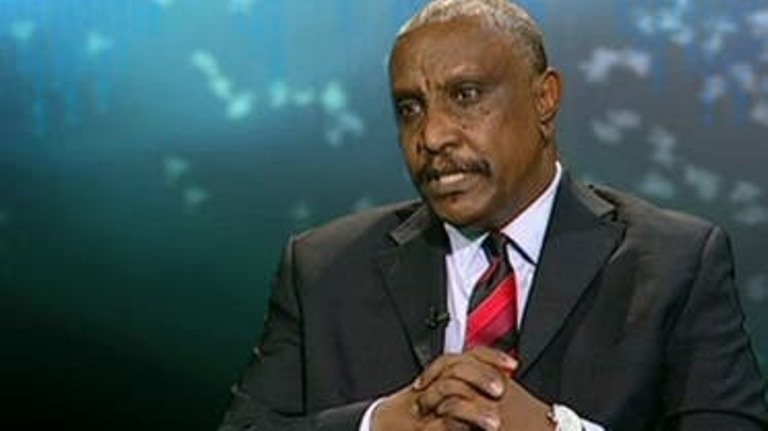Should the political process be open or closed? How is this linked to a ceasefire and a sustainable solution?
Yasir Arman
Nothing can compensate for the human and material losses caused by this war, which destroyed society, the state, infrastructure, and the peaceful nature of the December Revolution unless we reach a sustainable solution that guarantees to rebuild the state and its institutions, rescue it from its captors and moves the country towards democratic transformation, equitable development, and stability.
If this does not happen, we will end up with a political solution based on power- and wealth-sharing and a state run by Islamic and non-Islamic warlords, and this path will soon lead us to war again. The forthcoming political process is, therefore, the most critical since the establishment of the modern state.
The alternative to “the State of 1956” must be a state based on institutions and equal citizenship without discrimination, economic justice, respect for different cultures, balanced development, and unity in diversity.
The forthcoming political process cannot afford the luxury of experimentation, ambiguous solutions, neutral positions, or repetition of the old template.
A ceasefire is the top priority, and the political process comes after silencing the guns.
It is correct to talk about a long-term cessation of hostilities that can be renewed until a strategic ceasefire is reached, which will only come as part of the final political solution.
The first step is to stop the bloodshed by ending hostilities and human rights violations, delivering humanitarian aid and protecting civilians. This is what the warring parties expect. However, these same warring parties should not be given the right to initiate the political process or determine its parties based on their military muscle.
This political process will determine the future of Sudan. It must begin after silencing the guns, opening humanitarian corridors, ending human rights violations, and the return of the displaced to their towns and villages, as well as those refugees who wish, with effective popular participation.
The voices of the masses disappear in the shadow of the guns. But when the guns are silenced. the mass movement regains its peaceful and effective character, the forces of change take the lead and the people and voice of the masses return to the rural and urban areas. But a closed political process will only end up restoring the old “Salvation” system of the Bashir era or, perhaps, even a worse version in governance and its scale of destruction. Our people know who started the war and who carried out the coup. So, any closed political process rewards those who ignited the war and will not lead to a sustainable solution.
Ending the war after a cessation of hostilities and establishing an open political process will reward the people for their patience and sacrifices, instead of rewarding the remnants of the old regime for their coup, their atrocities and their war.
The path to building the state, completing the Revolution, and building a professional army and institutions will only come with active popular participation in an open political process that restores the vitality of the forces of change, the bright lights of the city, and the vigour and energy of the youth, that provides security for farmers and pastoralists in the rural areas, that allows for the participation of intellectuals, creative artists and professionals in building the future of the country and that enables the marginalized and the poor to put their demands at the top of the agenda of a political process in a healthy environment once the war is over.
Therefore, the people’s top priority is an urgent ceasefire.
Glory to the people and shame on the remnants of the old regime and their war.
To be continued…

